To flee, to remember
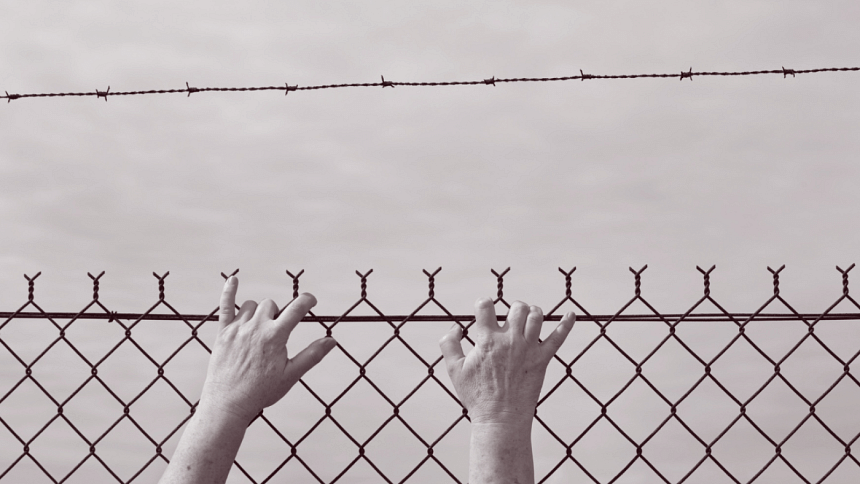
Every year, on June 20, World Refugee Day calls on us to remember and hold in our hearts the millions displaced by conflict, persecution, and political upheaval around the world. With global tensions and the numbers of refugees reaching unprecedented levels, literature forces us to pause and reflect on the stories of those forcibly displaced rather than viewing them as statistics on our screens—the latter offering a swift descent into abstraction and dehumanisation. The following books urge us to consider what it truly means to lose a home, a nation, or a future.
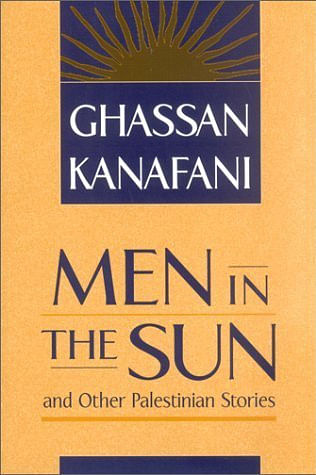
Men in the Sun
Ghassan Kanafani, Hilary Kilpatrick (translator)
Lynne Rienner Publishers, 1998
Men in the Sun follows three generations of displaced Palestinians—Abu Qais, an older man; Assad, a young revolutionary; and Marwan, a teenager—as they attempt to escape the despair and desperation of the refugee camps in Iraq and smuggle themselves into Kuwait. Several Palestinian symbols and stories that have become hauntingly familiar to us today, from uprooted olive trees to the horror of being pregnant and malnourished amid a genocide, and the unshakeable resolve to one day return to one's homeland, reiterate that the current genocide is but an extension of over 75 years of violent oppression and exile. Disquieting questions reverberate throughout Men in the Sun, asking, "Would you have been willing to carry all your years on your shoulders and flee across the desert to Kuwait to find a crust of bread?" and echoing, "Have you forgotten?"
The village, with its predominantly Sikh and Muslim populace, lays the backdrop for Khushwant Singh to weave a tale that views the horrors of Partition not in terms of numbers or sweeping political narratives, but rather through the lived experiences of ordinary people grappling with the collapse of humanity and the unraveling of long-standing communal harmony.
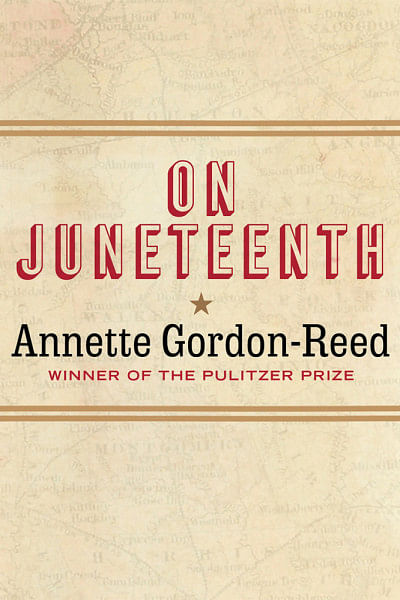
On Juneteenth
Annette Gordon-Reed
Liveright, 2021
Annette Gordon-Reed's On Juneteenth is a powerful blend of memoir and historical reflection that interrogates Texas's fraught racial history through the lens of one of its most significant yet long-overlooked events. While centered on the delayed emancipation of enslaved people in 1865, the book's real weight lies in its exploration of displacement: of people, truths, and identity. Gordon-Reed traces how African-descended Texans, despite formal freedom, remained trapped in a legacy of racial violence, segregation, and historical erasure. Her reflections reveal how migration, both forced and chosen, shaped not only physical movement but cultural and psychological dislocation. On Juneteenth is not just a reflection on the past, but a critique of the continued denial of full belonging to Black Americans.
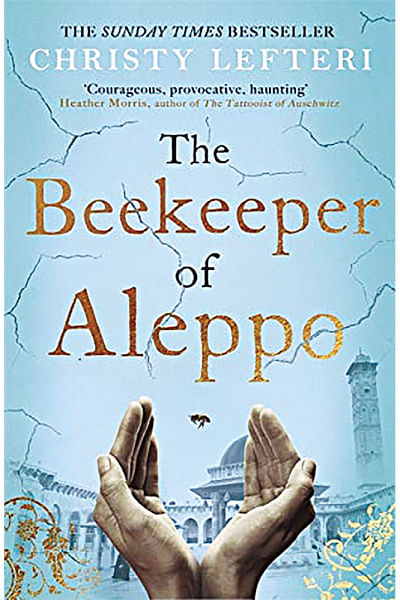
The Beekeeper of Aleppo
Christy Lefteri
Ballantine Books, 2019
The Beekeeper of Aleppo is a haunting yet tender portrayal of love, loss, and survival in the shadow of a war. Through the journey of Nuri and Afra—from the once vibrant streets of Aleppo to a refugee center in England—Christy Lefteri weaves a quiet, aching narrative about the emotional toll of displacement. Afra's blindness becomes a powerful metaphor for trauma, mirroring something that lingers long after borders are crossed, while Nuri clings to memories of bees and beauty amidst loss. In the midst of darkness, there are sunflowers, memories of bees, and the fragile hope of healing. This novel aches with heartbreak but never lets go of hope. It reminds us that survival is not merely escape, but the struggle to rebuild in the face of ruin. A tender, unforgettable meditation on grief, resilience, and what endures.
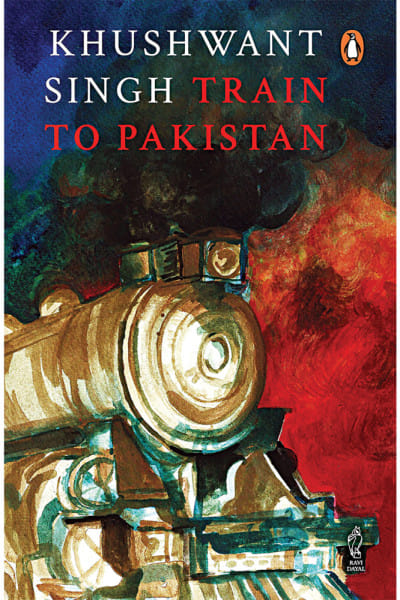
Train to Pakistan
Khushwant Singh
Chatto & Windus, 1956
Set during the Partition of 1947, Train to Pakistan takes place in the fictional village of Mano Majra, situated on the border of Pakistan and India. The village, with its predominantly Sikh and Muslim populace, lays the backdrop for Khushwant Singh to weave a tale that views the horrors of Partition not in terms of numbers or sweeping political narratives, but rather through the lived experiences of ordinary people grappling with the collapse of humanity and the unraveling of long-standing communal harmony. Of course, the initial sentiment among the villagers who have lived side by side for generations is to resist such politically instigated disharmony, as Imam Baksh, one of many Muslims forced to flee to refugee camps in Pakistan, pleads, "What have we to do with Pakistan? We were born here. So were our ancestors. We have lived amongst [Sikhs] as brothers." However, as trains filled with corpses cross the freshly dissected borders, and the pressures of political turmoil mount, even Mano Majra succumbs to the violent, seemingly inescapable cycles of fear and vengeance.
Mahmuda Emdad is a women and gender studies major with an endless interest in feminist writings, historical fiction, and pretty much everything else, all while questioning the world in the process. Reach her at [email protected].
Amreeta Lethe is a writer and translator, and sub-editor at Star Books and Literature.

 For all latest news, follow The Daily Star's Google News channel.
For all latest news, follow The Daily Star's Google News channel. 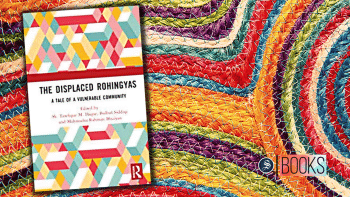









Comments